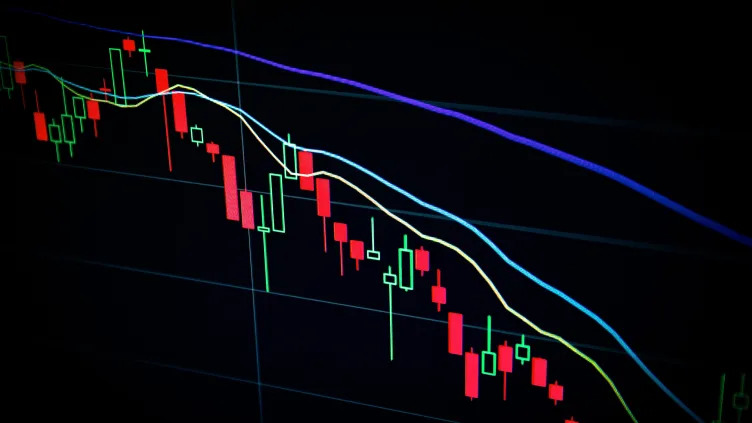
Over $2 billion in cryptocurrency was liquidated within 24 hours following U.S. President Donald Trump’s executive order imposing tariffs on imports from China, Canada, and Mexico. Wintermute CEO Evgeny Gaevoy attributed the market crash to traditional finance (TradFi) events rather than insider actions. He stated that recent downturns in the crypto market have been directly linked to external economic factors, including Trump’s tariffs and the collapse triggered by DeepSeek.
Investor concerns deepened as Bybit CEO Ben Zhou estimated that total crypto liquidations could have exceeded $10 billion, far surpassing earlier reports. Analysts pointed to fears of a potential global trade war as a major cause of market instability. Ryan Lee, chief analyst at Bitget Research, said that uncertainty surrounding international trade policies had significantly impacted market sentiment.
Following the market decline, some traders accused large crypto firms of intentionally selling off assets to drive prices down before buying them at lower levels. Gaevoy dismissed these claims, stating that Wintermute does not engage in market manipulation. “We don’t ‘hunt for stop losses.’ Maybe we should – my perception was always that it is a fairly risky business, so we managed quite well without,” he said in his post on X. He also clarified that Wintermute’s on-chain transactions involved routine inventory transfers between exchanges that had run out of liquidity.
Market makers, responsible for providing liquidity in the crypto market, did not cause the crash but contributed to the selling pressure. In August 2024, five major market makers sold a total of 130,000 Ether (ETH), valued at $290 million, while its price fell from $3,000 to below $2,200. Wintermute offloaded over 47,000 ETH, while Jump Trading and Flow Traders sold 36,000 ETH and 3,620 ETH, respectively. Data from blockchain analytics firm Scopescan confirmed these transactions.
Gaevoy emphasized that the crypto market is now closely tied to global financial developments and that traders must consider these factors. “Understanding that our little crypto market is now very directly linked to the real world outside […] is pretty essential to being a (more) successful trader,” he said. He rejected theories that Wintermute and Binance had conspired to manipulate the market, urging traders to focus on broader economic trends instead.
With Bitcoin dropping below $100,000 and continued concerns over a potential global trade conflict, market participants remain on edge. While some believe institutional players are taking advantage of market fluctuations, analysts argue that external financial policies are the primary drivers of recent downturns. As uncertainty persists, traders face more challenges in navigating a market increasingly influenced by traditional economic events.

